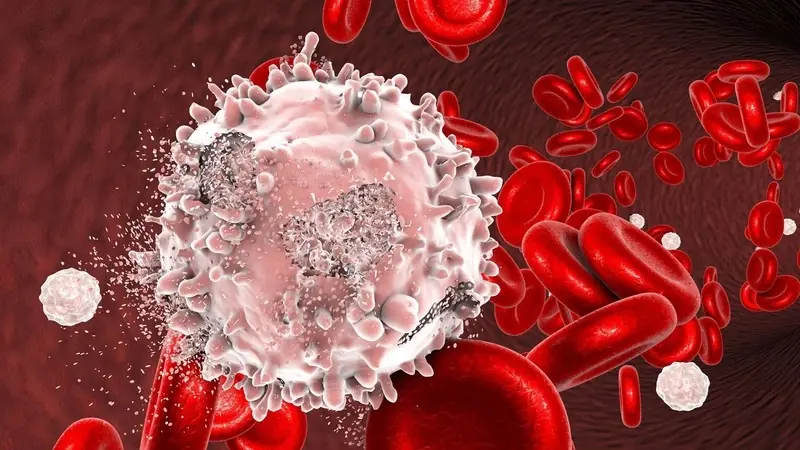
Low Vitamin D and Colorectal Cancer: What You Need to Know to Stay Protected
Low Vitamin D and Colorectal Cancer: What You Need to Know to Stay Protected
Millions of people may be unknowingly increasing their risk of colorectal cancer simply by not getting enough vitamin D. While this essential nutrient is commonly associated with bone health, new research highlights a far more critical role—protecting your body from one of the world’s deadliest cancers.
A comprehensive review published in the journal Nutrients analyzed multiple studies and revealed a strong, consistent connection between vitamin D deficiency and a significantly higher risk of colorectal cancer. According to the findings, individuals with the lowest vitamin D levels had up to a 31% higher chance of developing this form of cancer. In contrast, those with adequate or high vitamin D intake reduced their risk by as much as 58%.
The Protective Power of Vitamin D Against Cancer
So, how does vitamin D reduce the risk of colorectal cancer? The answer lies in its multi-level function within the immune system. Vitamin D doesn’t just help your body absorb calcium—it also plays a vital role in cancer prevention.
Research shows that vitamin D helps:
-
Activate immune cells, including T-cells, which can detect and destroy abnormal or cancerous cells.
-
Reduce inflammation by regulating genes involved in swelling and abnormal cell growth—two critical factors in cancer development.
-
Support immune organs like the spleen and lymph nodes, which are essential for a robust cancer defense system.
Additionally, vitamin D receptors located on immune cells help the body manage inflammation and repair tissue damage, both of which are major triggers in the early stages of cancer. This means vitamin D not only prevents cancer from forming but may also help slow its progression.
Colorectal Polyps and Vitamin D: The Early Warning Sign
The review also found a significant link between vitamin D intake and a lower risk of colorectal polyps—growths that often precede cancer. One notable study revealed that taking just 600 IU of vitamin D daily reduced the risk of high-risk polyps by over 40%. People who regularly consumed vitamin D-rich diets or used supplements consistently had a lower chance of developing both early and advanced stages of colorectal cancer.
This consistent data has made the vitamin D-colon cancer connection one of the strongest nutritional findings in cancer prevention research to date.
How Much Vitamin D Do You Need?

While exact needs vary by individual, experts now recommend daily vitamin D intake between 1,000 and 4,000 IU, depending on age, health status, and sun exposure. You can boost your vitamin D levels naturally through:
-
Sunlight: Just 10–30 minutes of sunlight a few times per week can help your body produce vitamin D.
-
Diet: Include foods like fatty fish (salmon, tuna), egg yolks, fortified dairy products, and mushrooms.
-
Supplements: Especially important for those with limited sun exposure or dietary restrictions.
Take Action: Why This Matters for You
Colorectal cancer is the third most common cancer worldwide, but it’s also one of the most preventable. By simply maintaining healthy vitamin D levels, you can significantly reduce your risk.
Although some clinical trials on vitamin D supplementation have shown mixed outcomes, the overwhelming trend from long-term studies is clear: low vitamin D is a modifiable risk factor, and improving it may save lives.
Final Thoughts
Vitamin D might be one of the easiest, most affordable, and most natural ways to lower your cancer risk. Whether through diet, supplements, or safe sun exposure, maintaining optimal vitamin D levels could make a real difference in preventing colorectal cancer.
Don’t wait for symptoms. Get your vitamin D levels checked, talk to your healthcare provider, and take simple steps today to protect your health for years to come.
News in the same category

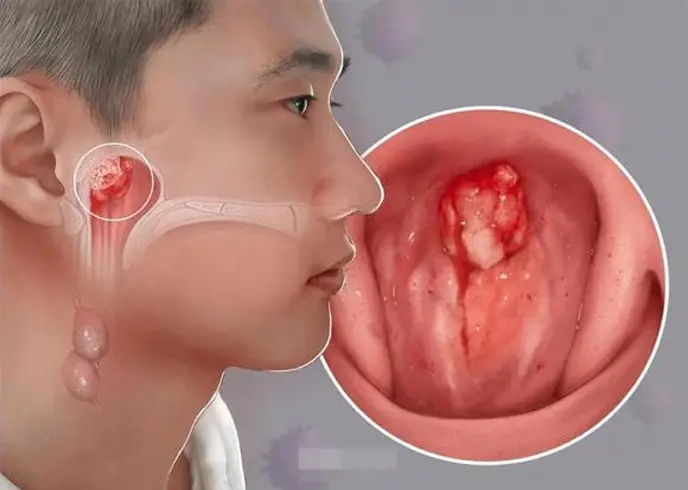
Warning: If You Notice This Sign in Your Body, Go to the Hospital Immediately or It May Be Late-Stage Nasopharyngeal Cancer
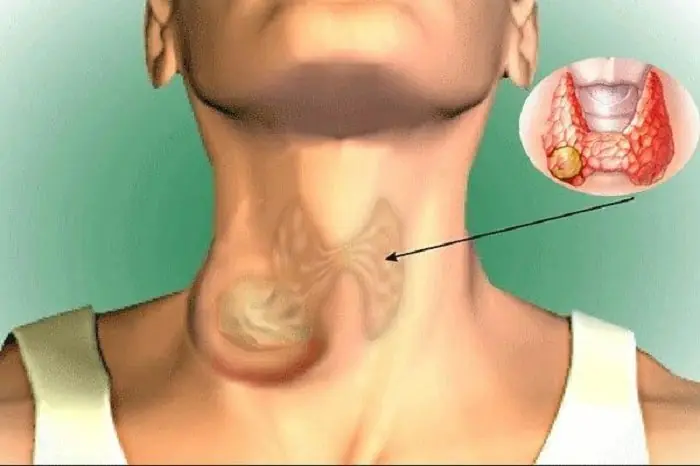
Self-Checking for Thyroid Cancer at Home with a Glass of Water: Thanks to That, I Discovered the Disease Early and It Was Easier to Treat
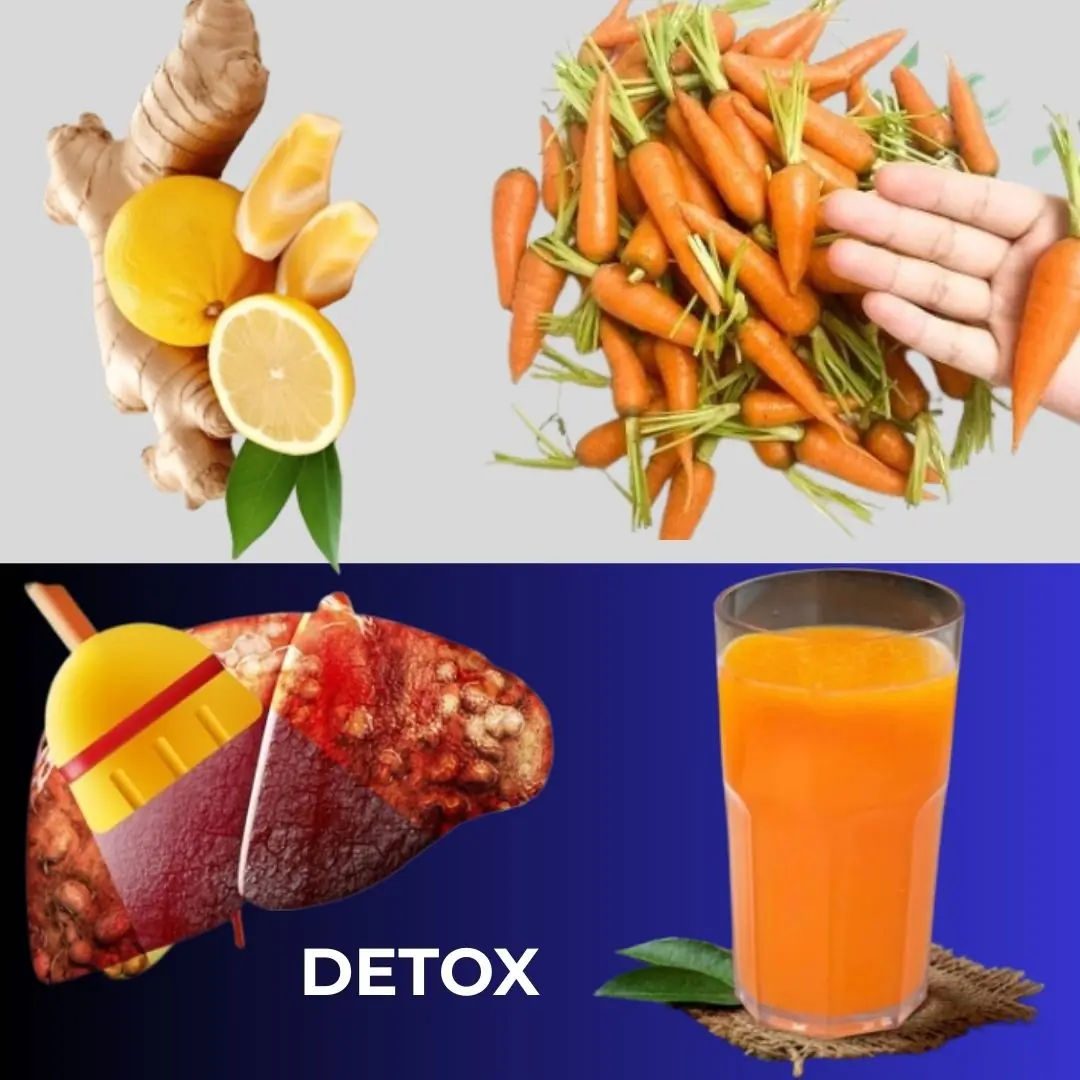
She Couldn’t Walk and Now Runs Like a Teenager!

🧄🌿 Kills Sore Throat and Inflammation – Cloves: Nature’s Antibiotic!

Crockpot Chicken and Noodles

🌟 Homemade Caramel Frappuccino 🥤: A Sweet, Creamy Coffee Treat You Can Make at Home!

The Best Pound Cake Ever: A Symphony of Flavors 🎂

Crispy Breaded Mushrooms: A Golden, Crunchy Delight
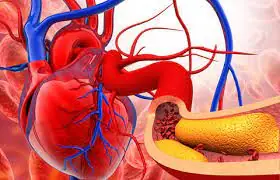
Understanding Cholesterol: The Good, the Bad, and How It Affects Your Heart
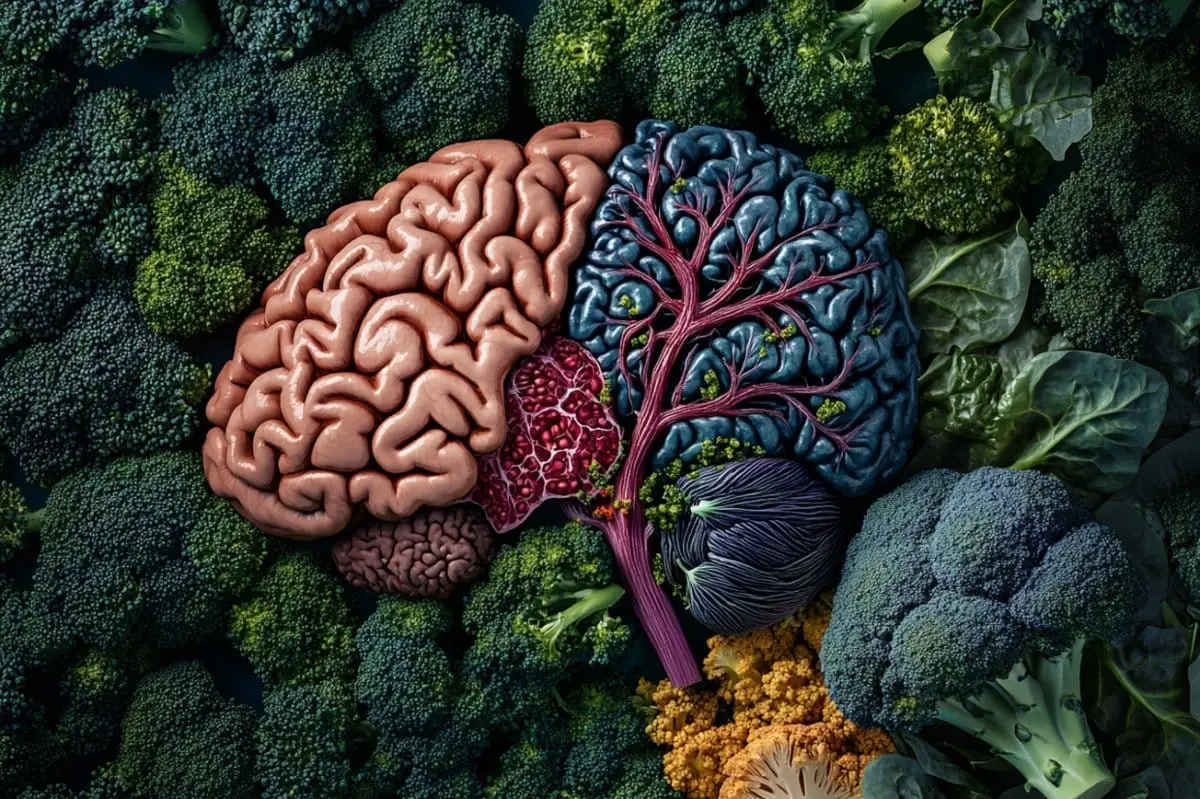
The Surprising Link Between Vitamin K and Brain Health: What New Research Reveals
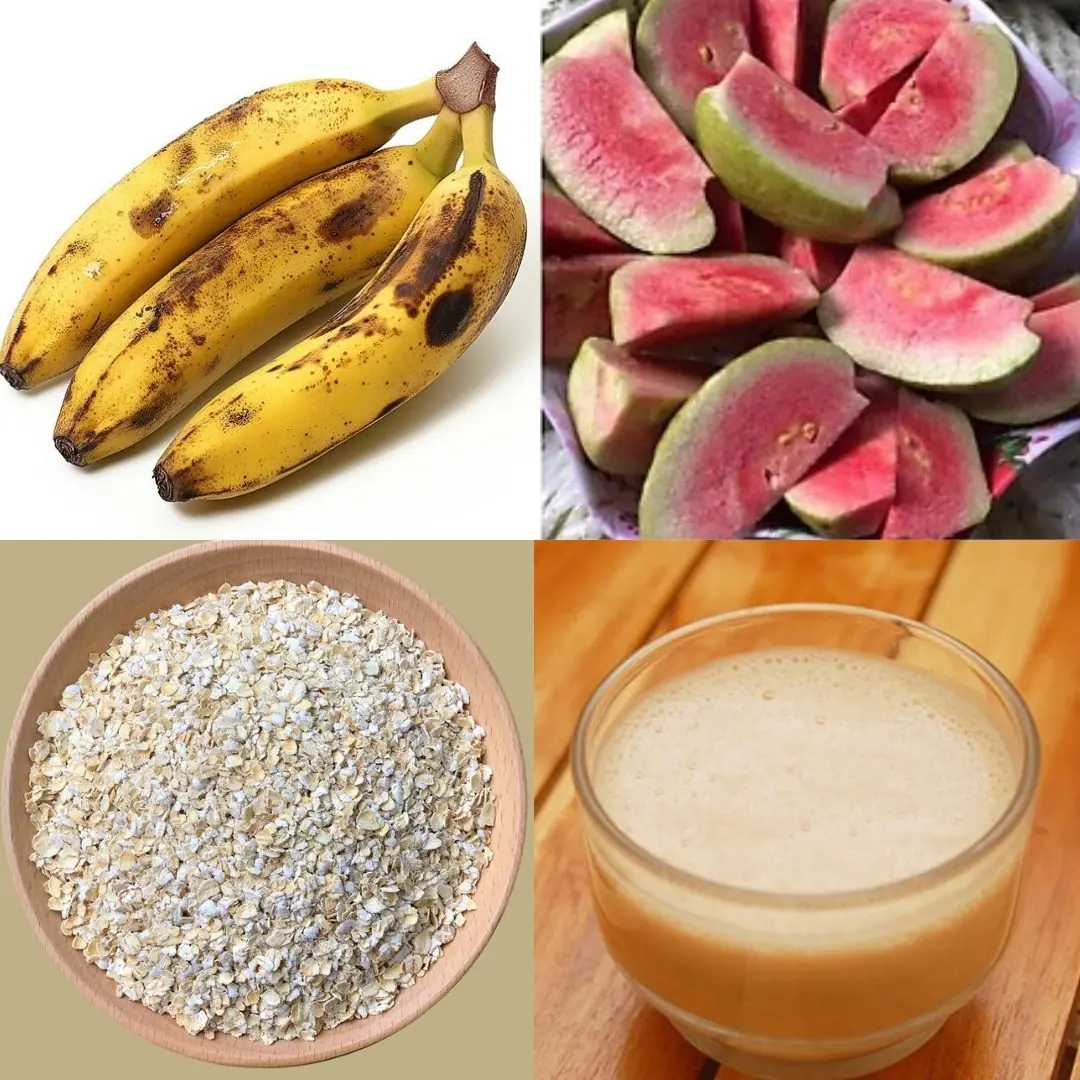
Oatmeal and Guava: A Natural Remedy for Leg Cramps, Diabetes, and High Blood Pressure
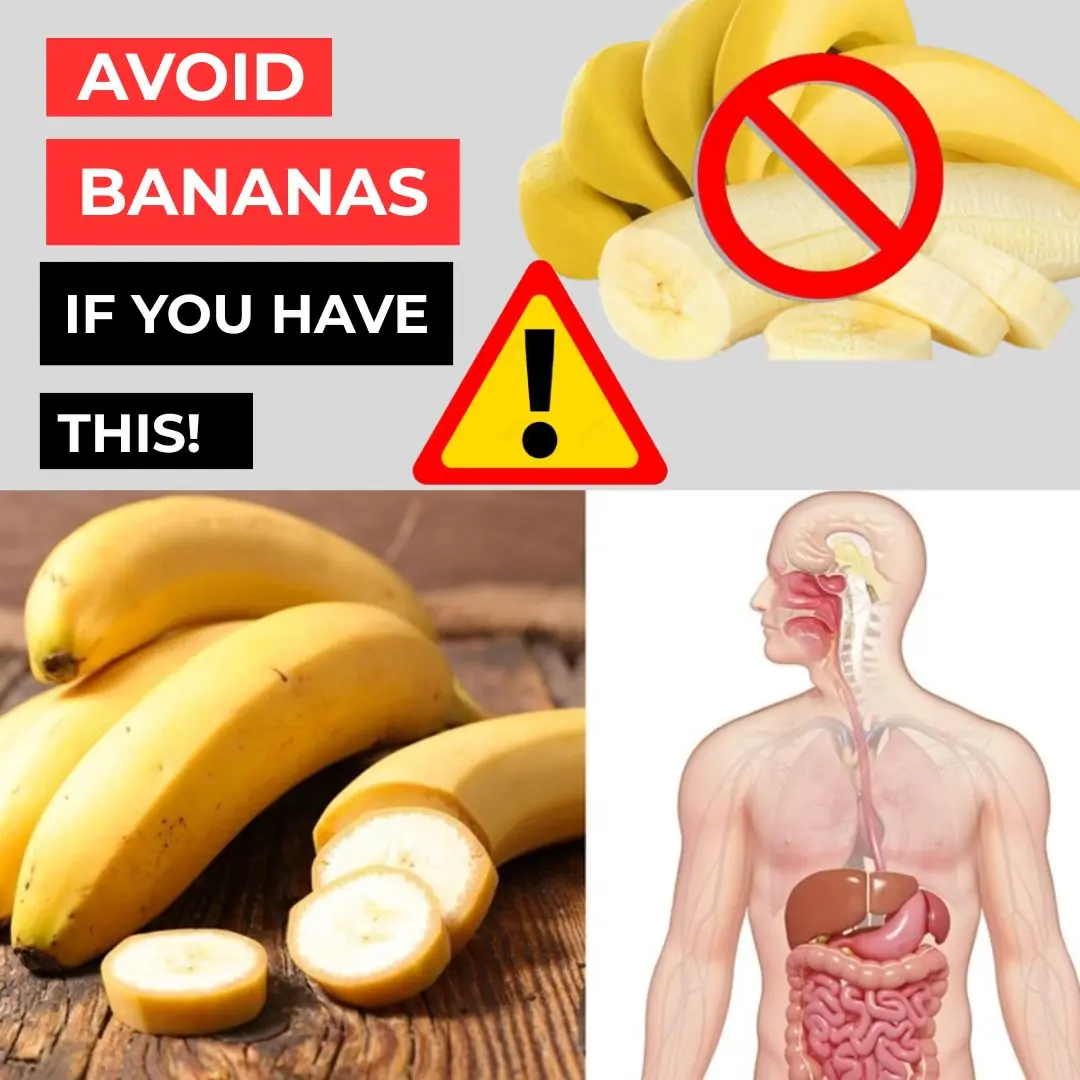
AVOID Bananas If You Suffer From These 5 Health Problems!

Doctors reveal how many times you should be able to swallow in 30 seconds to be 'healthy' and the results are shocking

Crockpot Sausage and Potatoes

A New Type of Drink Found to Help 'Push Back' Cancer: It’s Not Tea or Coffee

Not So Impossible Cheeseburger Pie

35-Year-Old Man’s Sore Throat Turned into Cancer After 5 Chemotherapy Sessions—Doctor Urges: Throw These 2 Things Out of Your Fridge
News Post

A 36-Year-Old Man's Blood Turned Milky Like Pork Fat Due to a Habit Many People Do at Least Three Times a Day

Warning: If You Notice This Sign in Your Body, Go to the Hospital Immediately or It May Be Late-Stage Nasopharyngeal Cancer

Chipotle Ranch Grilled Chicken Burrito

Self-Checking for Thyroid Cancer at Home with a Glass of Water: Thanks to That, I Discovered the Disease Early and It Was Easier to Treat

She Couldn’t Walk and Now Runs Like a Teenager!

🧄🌿 Kills Sore Throat and Inflammation – Cloves: Nature’s Antibiotic!

Crockpot Chicken and Noodles

🌟 Homemade Caramel Frappuccino 🥤: A Sweet, Creamy Coffee Treat You Can Make at Home!
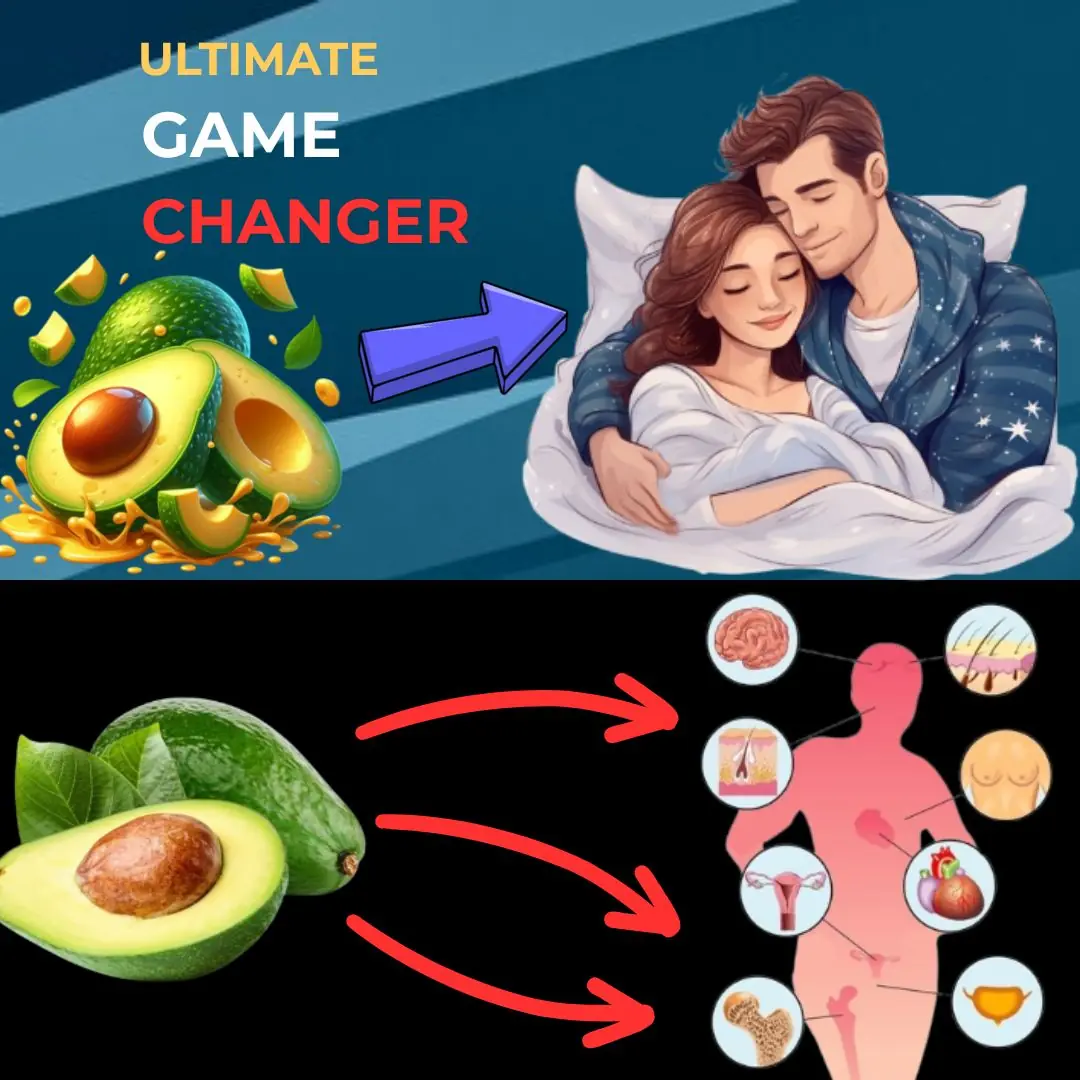
Don’t Eat Avocado Until You Know These 9 Things
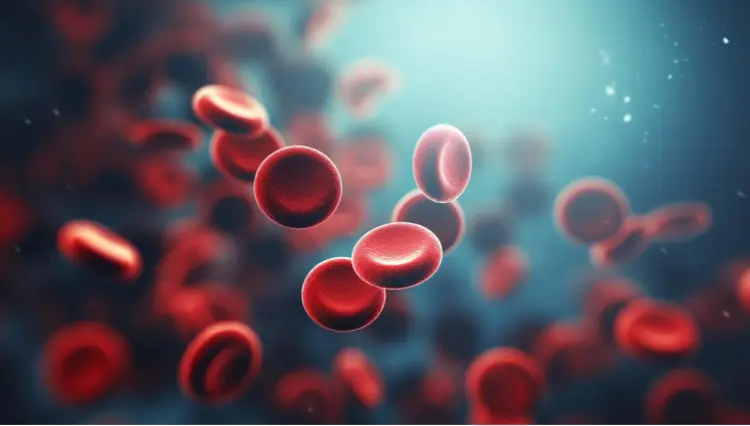
Attention, Parents! You May Want To Save Your Children’s Baby Teeth
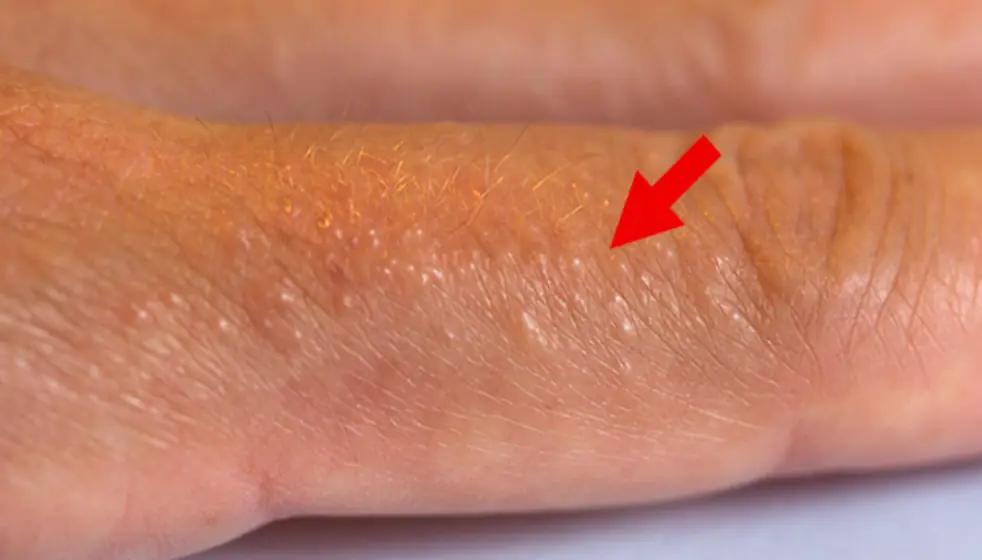
If You See These Painful Red Bumps, You May Have Dyshidrotic Eczema

10 of The Worst Foods For Arthritis

The Best Pound Cake Ever: A Symphony of Flavors 🎂

Crispy Breaded Mushrooms: A Golden, Crunchy Delight

Understanding Cholesterol: The Good, the Bad, and How It Affects Your Heart

The Surprising Link Between Vitamin K and Brain Health: What New Research Reveals

Creamy Strawberry Shortcake Dip

Homemade Vanilla Dessert Cream
